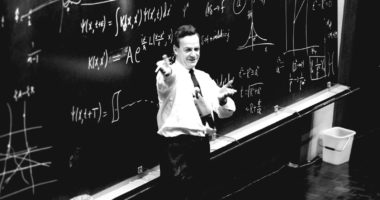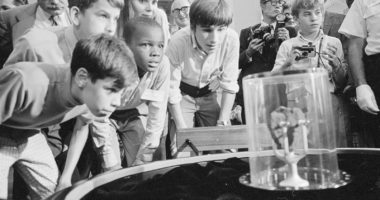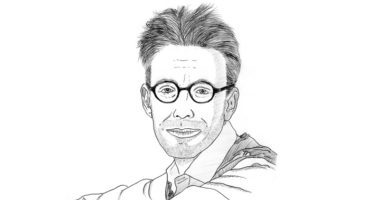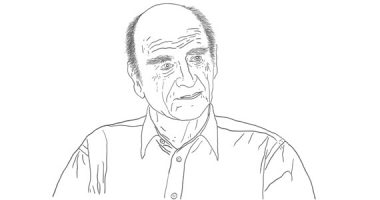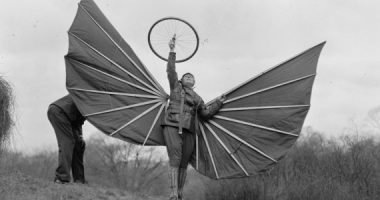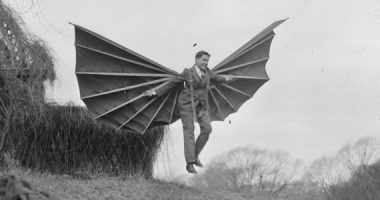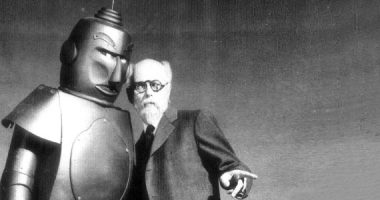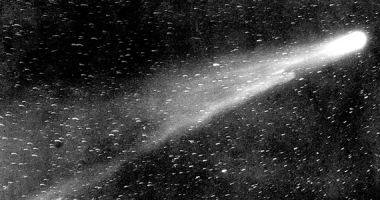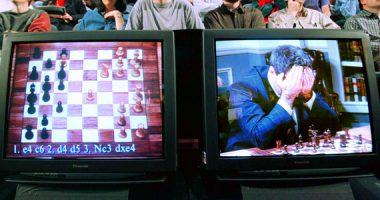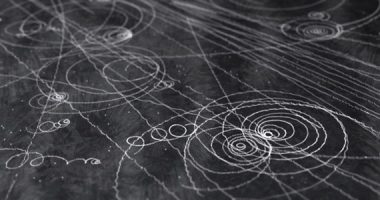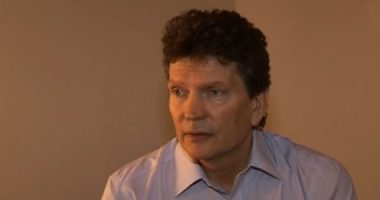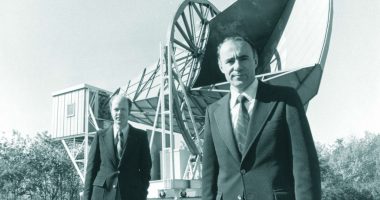Science
Science, Emotion, Communication!
Guillermo Orts-Gil
To communicate science effectively beyond merely presenting data, it is necessary to connect it with emotion and narrative.
Science
Our Monsters
Roc Jiménez de Cisneros
New materials, which have emerged because of human activity, may force us to rethink the distinction between the natural and the artificial.
Science
Daniel Tammet: “We don’t realise how far we can go until we try”
Juan Insua
We talk with Daniel Tammet about the secrets of the mind, language and writing, and about the numerous types of intelligence on the planet.
Science
Michel Serres: “To think is to invent”
Juan Insua
We interviewed Michel Serres, a French philosopher and mathematician who has sought the passage connecting the scientific and humanist disciplines.
Science
Avatars, Cyborgs and Robots: Can Humans Enhance Themselves? (II)
Sandra Álvaro
Codifying human beings and increasing the processing capacity of computers has made it possible to create machines that can respond to our actions.
Science
Avatars, Cyborgs and Robots: Can Humans Enhance Themselves? (I)
Sandra Álvaro
The design of bionic prostheses and the creation of intelligent machines are some of the advances made towards enhancing our physical and intellectual abilities
Science
The “uncanny valley” hypothesis in robots
Ferran Esteve
The "uncanny valley" hypothesis holds that when a robot looks almost, but not exactly, like a human being, it causes disconcert and revulsion in the observer,
Science
The Dangerous Solar System, Exoplanets and Planetary Formation
Sebastián Pérez
To explain the origin of planets, including our own home, Earth, is one of the great challenges that still face human knowledge.
Science
On the Multiplicity of Intelligences
Roc Jiménez de Cisneros
What is intelligence? How can we accurately define a concept that we only understand superficially?
Science
Storytelling
The Elementary Bestiary
Tamara Vázquez Schröder
Rather than giving you a standard introduction to the modern formulation of particle physics, we are going to take a historical approach.
